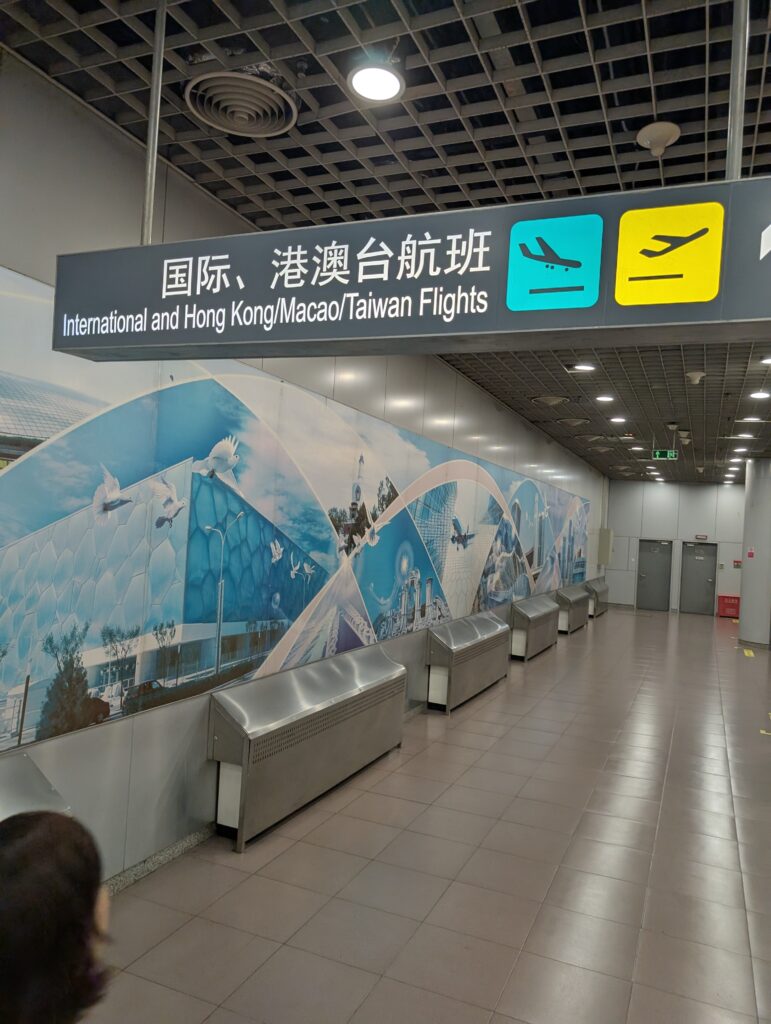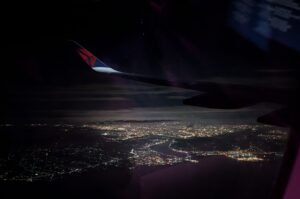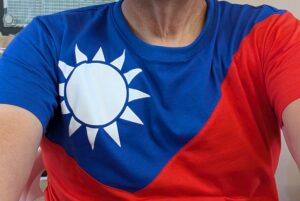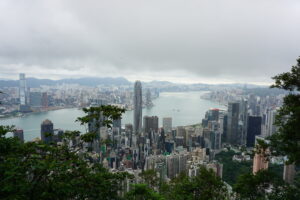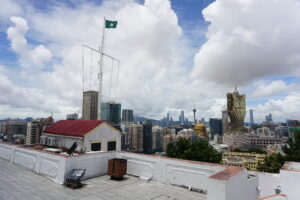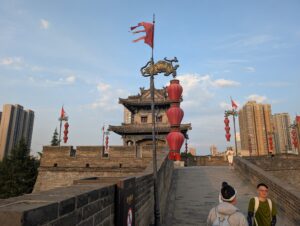Hong Kong & Macau
China's Special Administrative Regions
Most adults probably know that until fairly recently, Hong Kong was a British colony. The United Kingdom had a 99 year lease on Hong Kong from China. I am not sure how all of the changes of government in China over that time impacted the legality of that lease. Nevertheless, the U.K. relinquished Hong Kong in 1997, and it became a Special Administrative Region under Chinese sovereignty. This means that although Hong Kong is part of China, it still plays by its own rules. Hong Kong uses its own currency, and retains many freedoms not accessible by mainlanders. They have their own political system. Many things that are illegal in China are legal, or at least winked at in Hong Kong. You even have to have a passport to go to Hong Kong from China.
Macau is China’s other Special Administrative Region. Macau had been under Portuguese control for over four hundred years before being ceded back to China in 1999. Macau in some ways is like the Las Vegas of China. It is known for casinos and gambling. Many of those casinos share names and themes with their Las Vegas cousins.
Because these areas are unique, most travel clubs, country counters, and other folks interested in keeping travel statistics treat Hong Kong and Macau as distinct territories, counted differently than China. While I was glad to check off a couple of small and easy “countries visited,” I was also interested in seeing Hong Kong and Macau for their colonial history, and to further explore those ties with Europe and the blending of foods, cultures, and expectations.
Hong Kong and Macau are relatively expensive. They are also small. I planned to stay just a few days in the area. I allocated a single day to Macau, and based myself in Hong Kong. Interestingly, flights to other parts of China are exponentially more expensive from Hong Kong than they are from the major airport right across the land border in the booming Chinese city of Shenzhen. When it came time to leave for mainland China, I would walk across the land border, and use public transportation to get myself to the Shenzhen airport. I was not completely sure how I would navigate that transition, but I was willing to figure it out for the cheaper plane ticket.
But first, I wanted to explore Hong Kong.
